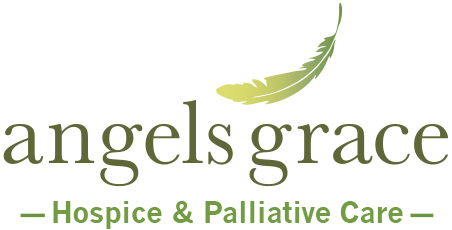 When is Palliative care a good idea? Things have changed over the last 10 years with Palliative Care. Originally, it was considered a “softer bridge” for Hospice care and developed for people with terminal diseases. Palliative care has become a medical specialty that focuses on a much broader range of serious, or life-threatening diseases.
When is Palliative care a good idea? Things have changed over the last 10 years with Palliative Care. Originally, it was considered a “softer bridge” for Hospice care and developed for people with terminal diseases. Palliative care has become a medical specialty that focuses on a much broader range of serious, or life-threatening diseases.
As the World Health Organization states, “All people have a right to receive high-quality care during serious illness and to a dignified death, free of overwhelming pain and in line with their spiritual and religious beliefs.” Now in 2021 all patients suffering with life threatening diseases such as chronic lung disease, cardiac disease, cancer, alzheimers/dementia, ALS, and many other serious illnesses are eligible for palliative care.
What Is Palliative Care?
Palliative Care focuses on symptom management, that is the primary goal of care. The life threatening disease itself may cause uncomfortable ( side effects ) or symptoms, but so can the curative treatments patient’s may be receiving.
An example is aggressive chemotherapy for cancer treatment. The therapy drugs may cause nausea and vomiting. Some, pain adjuvant therapy ( combined pain meds) may be prescribed for pain management of pre-medication therapy for certain treatment, but an uncomfortable side effect may be severe constipation. By providing relief for various symptoms, palliative care can help a person not only carry on with their daily life, job, balancing child care etc. it may also improve the patient’s ability to undergo or complete their current ongoing medical treatments.
Some symptoms Palliative care can manage are:
- constipation
- pain
- nausea
- vomiting
- loss of appetite
- weight loss
- muscle wasting
- bowel issues
- bladder issues
- shortness of breath
- anxiety
- insomnia
- depression
- confusion
- and so much more.
When can you start Palliative Care?
One may initiate palliative care at any stage of a patient’s illness, even at the initial diagnosis. The earlier you start palliative care the better the outcome. With managing the potential side effects from curative treatment. The entire palliative care team understands the potential stress that you and your loved ones may face and can help you to cope with a great team approach and medical support system.
Palliative care provides comfort, quality, and dignity as one faces a life threatening illness. Palliative care can be provided in homes, skilled nursing facilities, hospitals, and MD offices.
At Angels Grace Hospice, in Bolingbrook, IL we provide customized care plans specific to each of the patients and their families. We provide end-of-life care at home, hospitals, skilled nursing homes or assisted-living facilities depending on individual circumstances. Contact us with any questions and for further assistance with your end of life care options. We would love to take part in your journey and help every step of the way.


